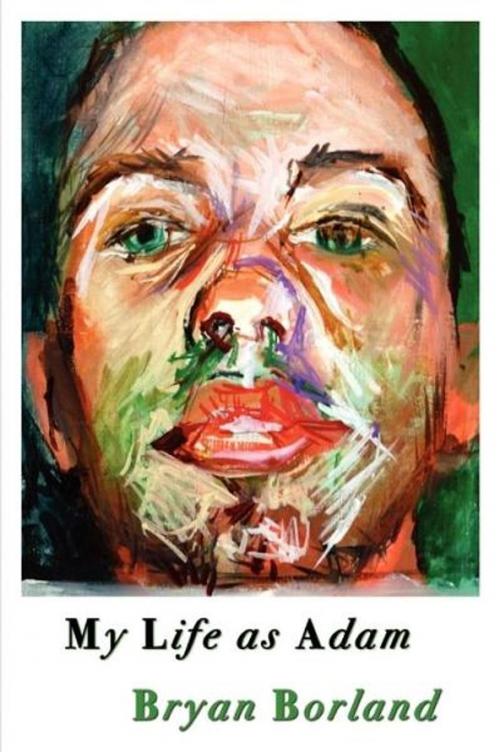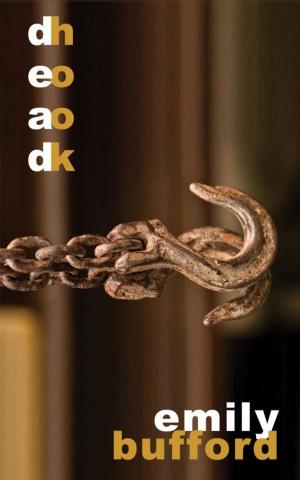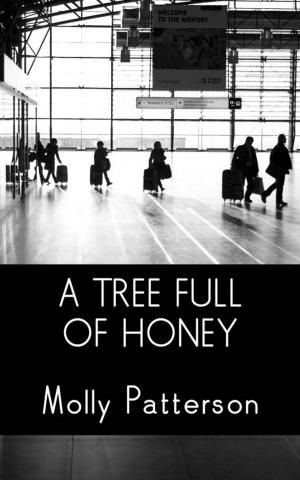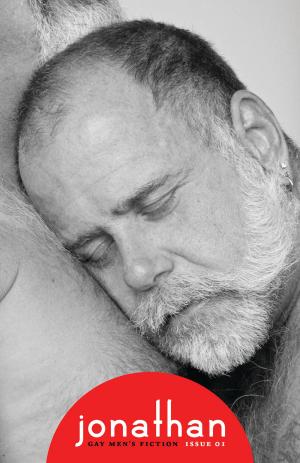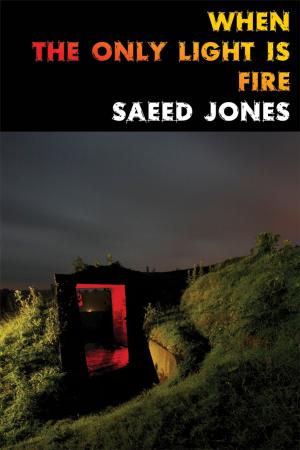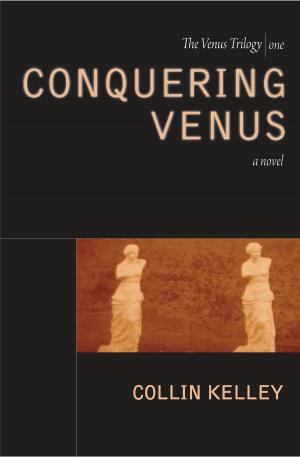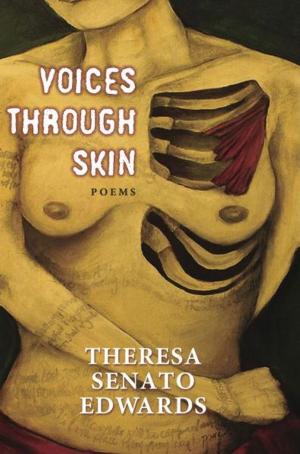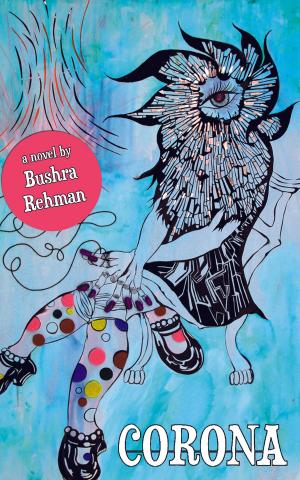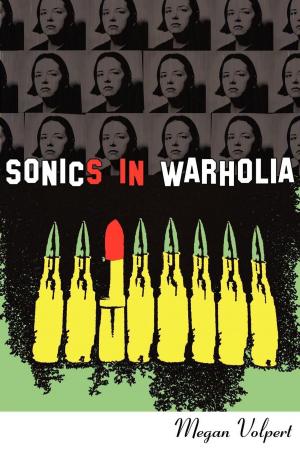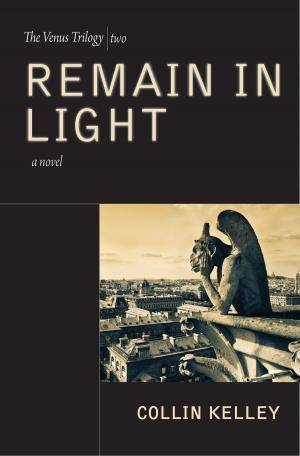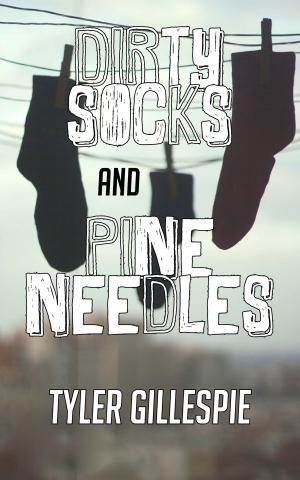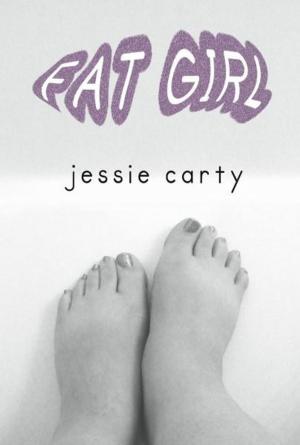| Author: | Bryan Borland | ISBN: | 9781937420055 |
| Publisher: | Sibling Rivalry Press | Publication: | August 14, 2011 |
| Imprint: | Smashwords Edition | Language: | English |
| Author: | Bryan Borland |
| ISBN: | 9781937420055 |
| Publisher: | Sibling Rivalry Press |
| Publication: | August 14, 2011 |
| Imprint: | Smashwords Edition |
| Language: | English |
Poems touching on religion, sexuality, Southern life, and self-acceptance reveal the poet's growing up, coming out, and becoming an adult in all its joys and sorrows. My Life as Adam is Bryan Borland's full-length debut and was included as one of only five collections of poetry on the American Library Association's inaugural "Over the Rainbow" list of best LGBT books of 2010.
Says reviewer Grady Harp: `You have to have been there…’ No, this insensitive statement regarding whether or not the reader can or would understand the depth of feeling of a journeyman is shattered in Bryan Borland’s intensely honest and painfully lovely book of poems, MY LIFE AS ADAM. Bryan Borland is a gay poet, writing from experiences and developmental thought patterns that have defied the at times Sisyphusian steps to becoming a sexually liberated male. He enters his world as a nascent, ambiguous ADAM and returns at the end a fully developed MAN.
While other authors have occultly coped with homosexuality – writers such as Thomas Mann, Henry James, EM Forster, and Herman Melville – Borland emerges, not from a retrospective speculation or latter day unveiling of truths that were always there, quietly shrouded in correctness, but from an immediate stance, his home in Little Rock, Arkansas, a place where the dimensions of religion, family, and sexuality are more rigidly drawn, perhaps, than on the coastal bifurcations of a country still at war with individual rights and freedoms. Borland deals gently, if with some pain, with the process heretofore known as `coming out’ – a phrase science and intellect have quashed with the examination of DNA positions on our genetic helices that mark our characteristics as we move from infancy toward adulthood. He writes of awakening feelings and early experiences, at times believed to be one-sided on the surface, a lost moment forgotten, but in retrospect lightening the dark room of being alone, incapable of feeling or defining or expressing love.
And while other poets may flail at the `ties that bind’, Borland instead explores them with the gentlest sense of understanding and belonging that family and religion have defined as normalcy. He paints the atmosphere in which he grew, the cloudy homophobia making dark his possibility of self-recognition and esteem. Lust – more easily explored, recalled, fantasized – too often, he opines, replaced love/embrace/touch/need. For instance, read ‘Watching Brokeback Mountain in Little Rock’ and the window to understanding will open. Borland is one of the few poets who is able to so deftly define the thin line between straight and gay, especially addressing the totems and rituals that are designed to introduce the afterwards. But he is equally able to present the joy of finding a life partner/husband as in ‘Shopaholic’.
When he sings of found loves he celebrates his hard won treasure, and when he has lost that love, as in `Holden’, `The Book of David’, or `The Book of Joshua, Epilogue’, he has learned more about commitment and perception than most will acknowledge. Borland’s verse is free, shaped meaningfully on the page as though he were opening windows for fellow travelers to gain hold on a future that can be positive. Bryan Borland’s first book of his poems, MY LIFE AS ADAM, is his life and he owns it, a life of sensing, noticing, yearning for the bite of the forbidden apple where the fruit has been distorted by religions and codices of human behavior in an unsuccessful attempt to prevent him from acceptance of what he intuited would be beautiful. It is this journey to date he sensitively shares – like that little beggar along the path who smiles at our sheckles and says thank you in a way that changes us – permanently. – Grady Harp, September 2010 (extracted from the complete review published in POETS AND ARTISTS October 2010).
Poems touching on religion, sexuality, Southern life, and self-acceptance reveal the poet's growing up, coming out, and becoming an adult in all its joys and sorrows. My Life as Adam is Bryan Borland's full-length debut and was included as one of only five collections of poetry on the American Library Association's inaugural "Over the Rainbow" list of best LGBT books of 2010.
Says reviewer Grady Harp: `You have to have been there…’ No, this insensitive statement regarding whether or not the reader can or would understand the depth of feeling of a journeyman is shattered in Bryan Borland’s intensely honest and painfully lovely book of poems, MY LIFE AS ADAM. Bryan Borland is a gay poet, writing from experiences and developmental thought patterns that have defied the at times Sisyphusian steps to becoming a sexually liberated male. He enters his world as a nascent, ambiguous ADAM and returns at the end a fully developed MAN.
While other authors have occultly coped with homosexuality – writers such as Thomas Mann, Henry James, EM Forster, and Herman Melville – Borland emerges, not from a retrospective speculation or latter day unveiling of truths that were always there, quietly shrouded in correctness, but from an immediate stance, his home in Little Rock, Arkansas, a place where the dimensions of religion, family, and sexuality are more rigidly drawn, perhaps, than on the coastal bifurcations of a country still at war with individual rights and freedoms. Borland deals gently, if with some pain, with the process heretofore known as `coming out’ – a phrase science and intellect have quashed with the examination of DNA positions on our genetic helices that mark our characteristics as we move from infancy toward adulthood. He writes of awakening feelings and early experiences, at times believed to be one-sided on the surface, a lost moment forgotten, but in retrospect lightening the dark room of being alone, incapable of feeling or defining or expressing love.
And while other poets may flail at the `ties that bind’, Borland instead explores them with the gentlest sense of understanding and belonging that family and religion have defined as normalcy. He paints the atmosphere in which he grew, the cloudy homophobia making dark his possibility of self-recognition and esteem. Lust – more easily explored, recalled, fantasized – too often, he opines, replaced love/embrace/touch/need. For instance, read ‘Watching Brokeback Mountain in Little Rock’ and the window to understanding will open. Borland is one of the few poets who is able to so deftly define the thin line between straight and gay, especially addressing the totems and rituals that are designed to introduce the afterwards. But he is equally able to present the joy of finding a life partner/husband as in ‘Shopaholic’.
When he sings of found loves he celebrates his hard won treasure, and when he has lost that love, as in `Holden’, `The Book of David’, or `The Book of Joshua, Epilogue’, he has learned more about commitment and perception than most will acknowledge. Borland’s verse is free, shaped meaningfully on the page as though he were opening windows for fellow travelers to gain hold on a future that can be positive. Bryan Borland’s first book of his poems, MY LIFE AS ADAM, is his life and he owns it, a life of sensing, noticing, yearning for the bite of the forbidden apple where the fruit has been distorted by religions and codices of human behavior in an unsuccessful attempt to prevent him from acceptance of what he intuited would be beautiful. It is this journey to date he sensitively shares – like that little beggar along the path who smiles at our sheckles and says thank you in a way that changes us – permanently. – Grady Harp, September 2010 (extracted from the complete review published in POETS AND ARTISTS October 2010).
